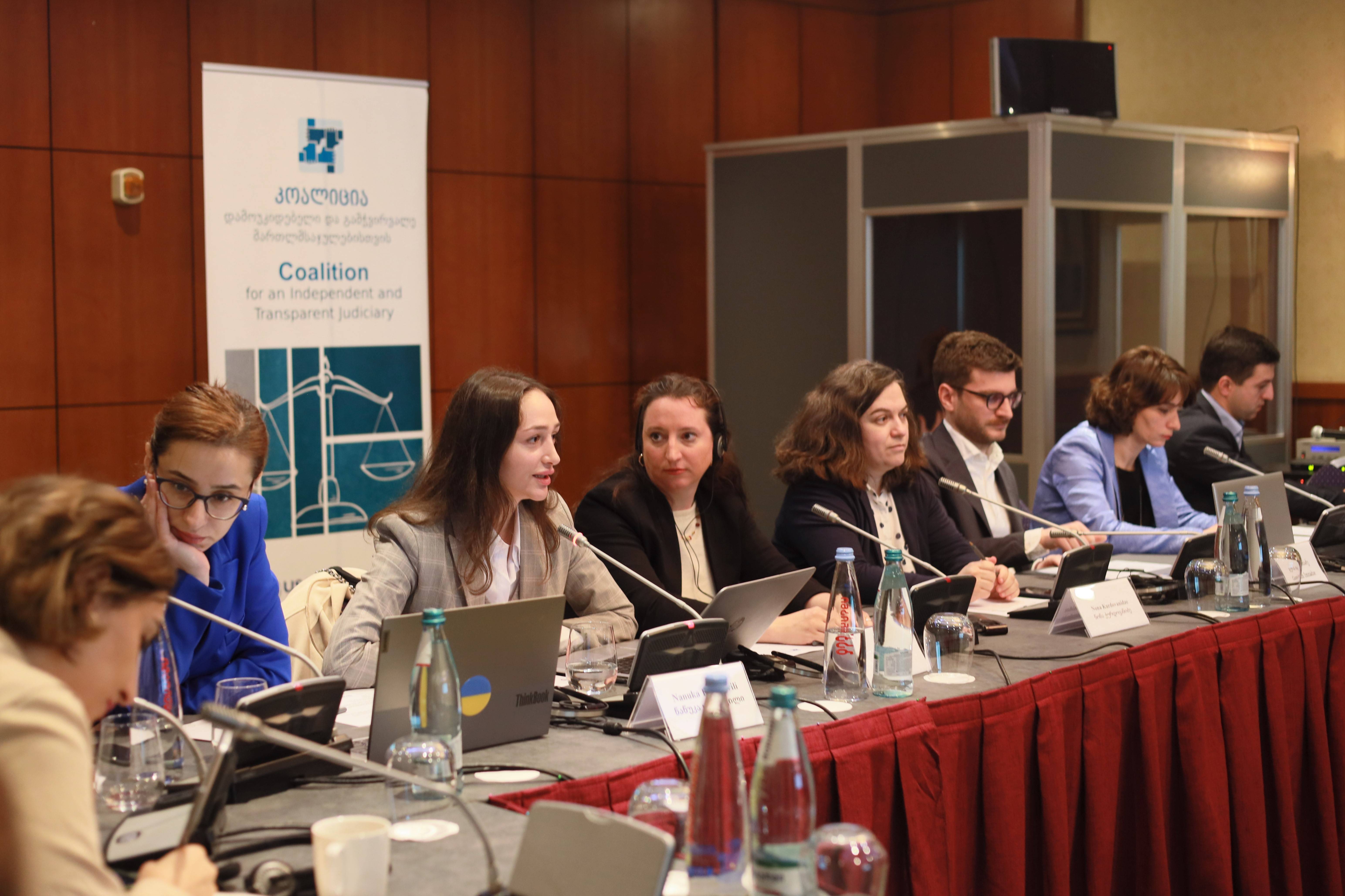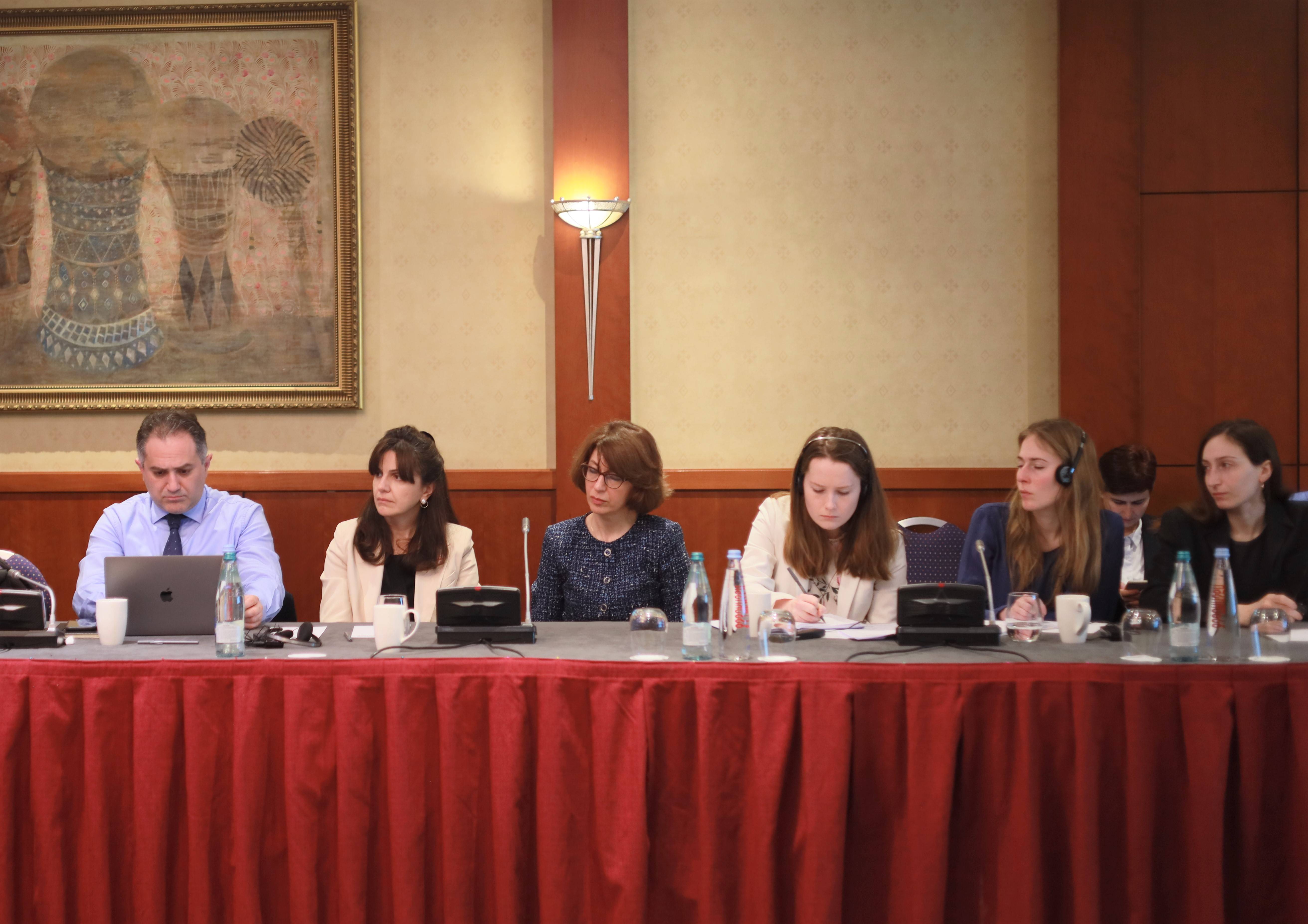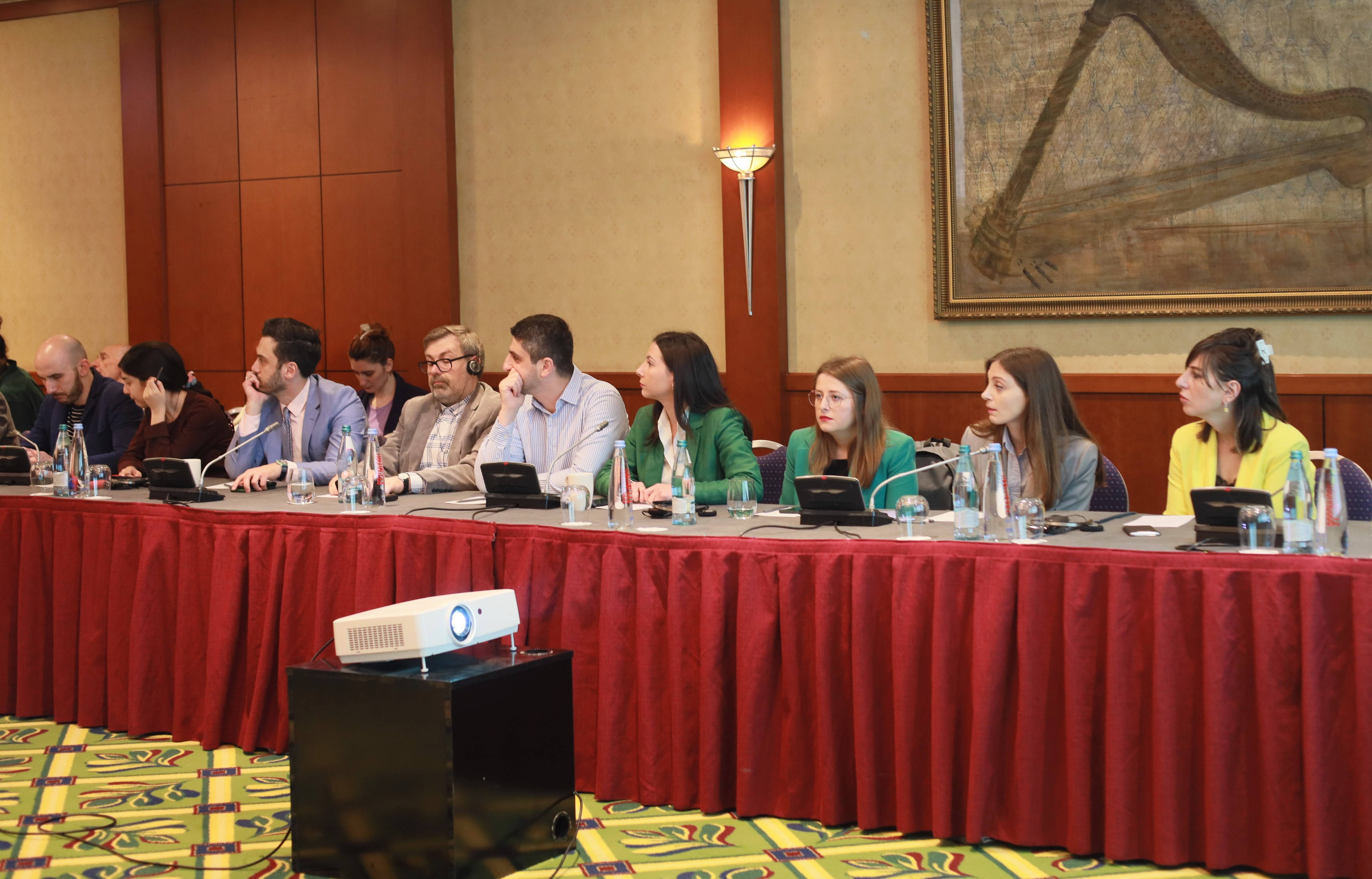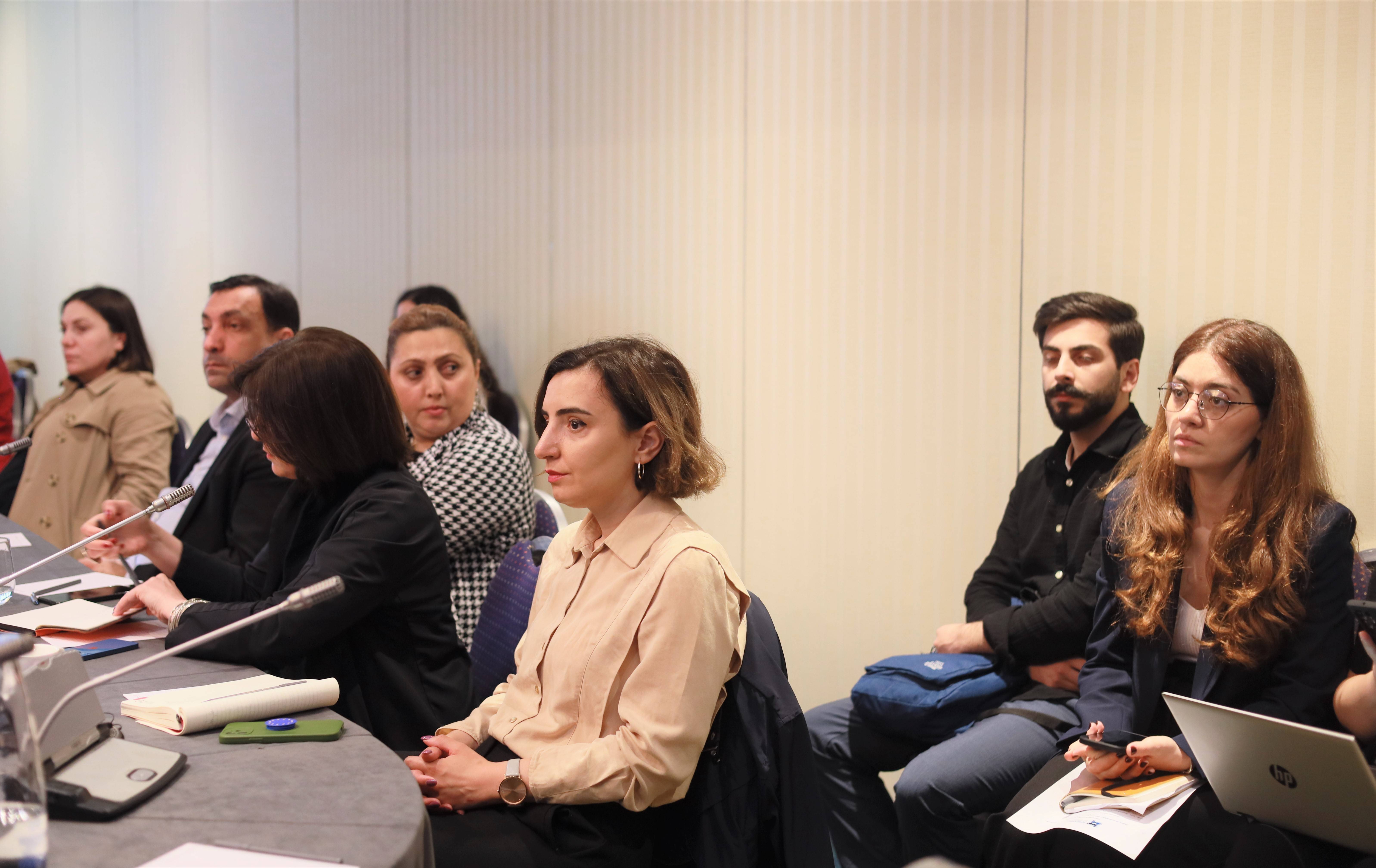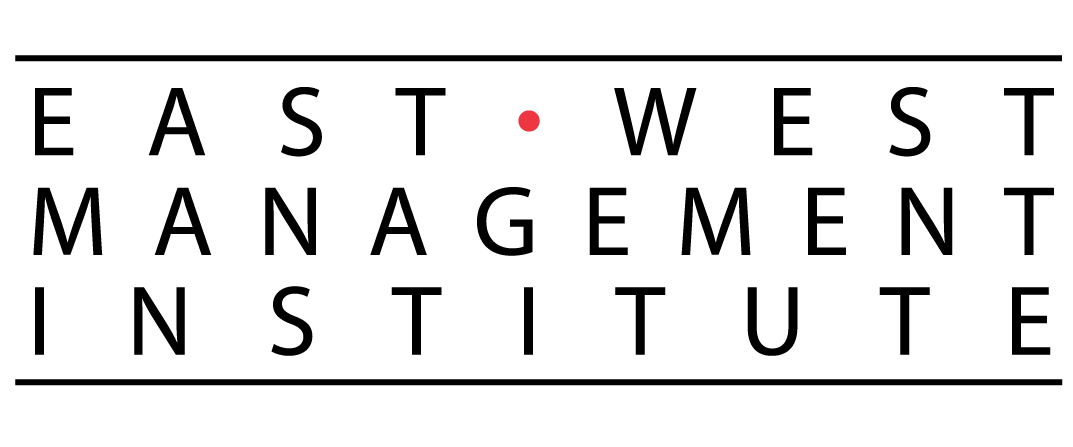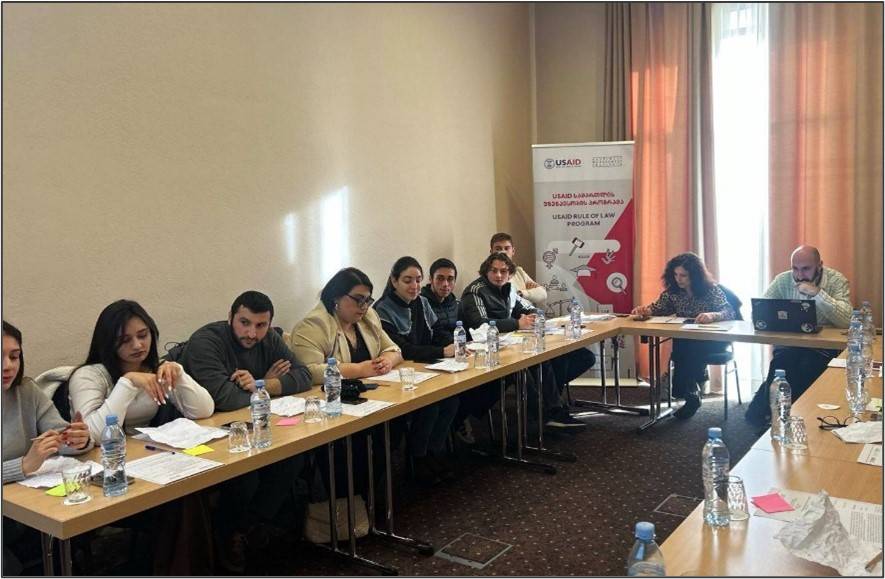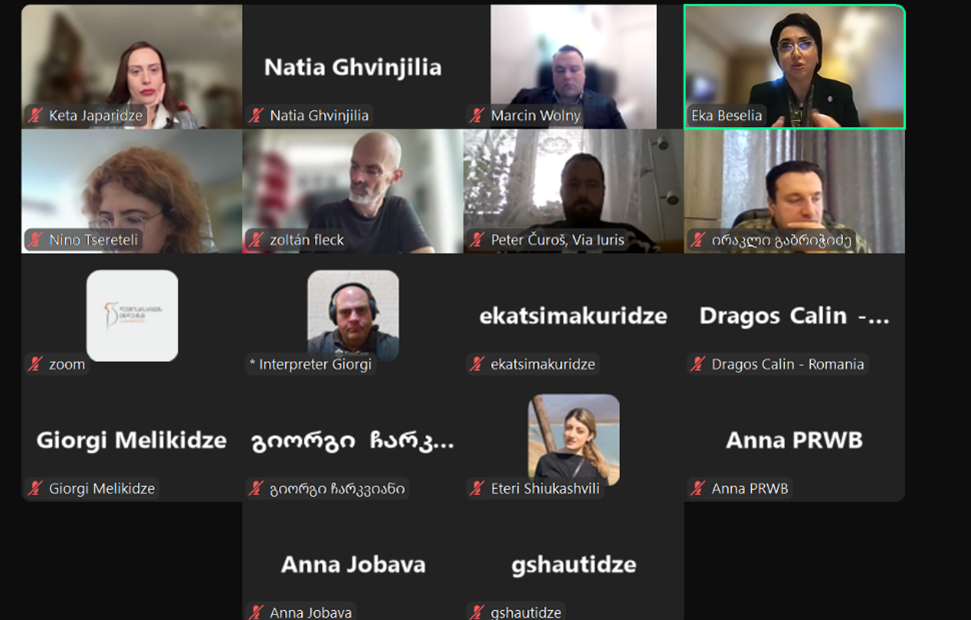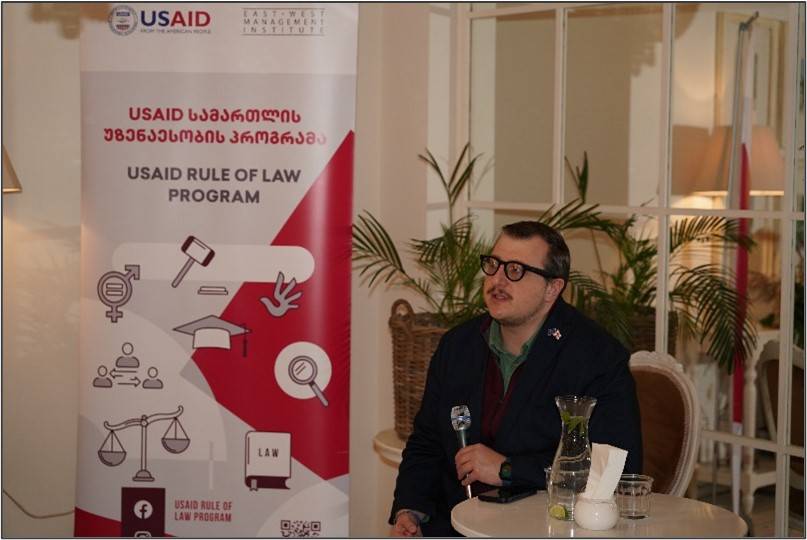Assessing 10 Years of Reform and the Need for Systemic Change
The Coalition for Independent and Transparent Judiciary organized a Justice Forum on May 19, 2023, and evaluated a decade of reform and advocating for systemic change.
Supported by the USAID Rule of Law Program, the forum brought together over sixty representatives from various sectors, including the judiciary, legislature, political parties, international and local organizations.
In her welcome remarks, Lisa Kovack, Acting Director of the Office of Democracy, Rights, and Governance at USAID/Georgia, emphasized the significance of independent, professional, transparent, and accountable courts for the development of Georgian democracy.
“The U.S. Government has continuously supported reform in the justice sector. It is unfortunate that during the last few years the judicial reform process has become extremely polarized. This is why the Venice Commission’s March opinion highlighted the number of recommendations yet to be fulfilled. This is a reason that the European Union specifically included judicial independence and reform of the High Council of Justice in its 12 priorities to reach candidate status. It is clear that further reforms are needed to provide individual judges and the citizens the judicial system they desire and deserve.” - said Lisa Kovack.
Guram Imnadze, Director of the Justice Program at the Social Justice Center (SJC), acknowledged the challenging political environment, emphasizing that significant breakthroughs within the court are difficult to achieve. He also drew attention to the reforms carried out during undemocratic governments, highlighting the need for extensive work by civil organizations. Imnadze further stated that recent events concerning the election of non-judge members in parliament demonstrate that the problem extends beyond the government team and encompasses the entire political landscape.
Nona Kurdovanidze, Chairperson of the Georgian Young Lawyers’ Association (GYLA), remarked on the declining trust in the court and the society's lack of confidence in its decisions. She highlighted the persistent influence of powerful groups within the system. However, Kurdovanidze noted the presence of independent judges who are rarely heard but hold promise for the system.
Additional perspectives were shared during the forum by Nanuka Kruashvili from the GYLA, Ana Papuashvili from the SJC, Eka Gigauri from International Transparency - Georgia, Giorgi Davituri from the Institute for the Development of Freedom of Information, and Eduard Marikashvili from the Democratic Initiative of Georgia.
Supreme Court Judge Nino Bakakuri stressed the need to enhance the capabilities of individual judges, citing court overload and a shortage of judges as significant challenges. Judge from the Tbilisi Court of Appeals Ketevan Meskhishvili discussed judges expressing their views on system developments. Participants assessed the current state of the Georgian judiciary and exchanged ideas on potential solutions.
